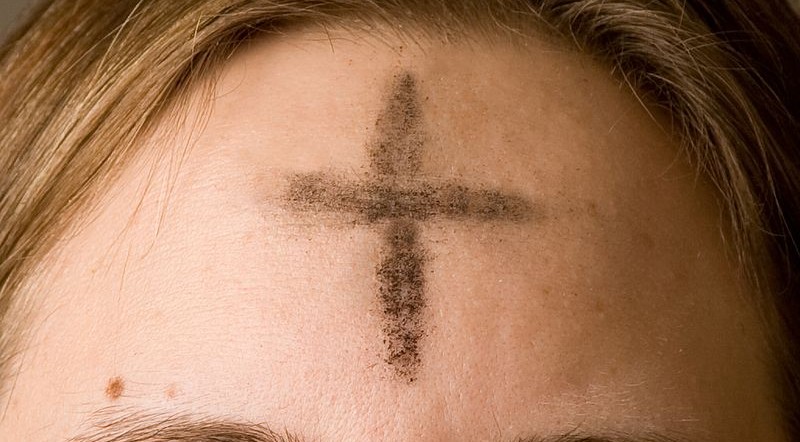Today launches Lent, with the traditional holiday of Ash Wednesday. Catholics and high church protestants gather to be reminded that “for dust you are and to dust you will return,”by having ashes imposed on their foreheads. For those of us who are not of a liturgical this is a confusing, odd and even overly religious tradition of man that distracts from the day-in, day-out following of Jesus. Mark Roberts tells his story of coming to understand the holiday over at Patheos:
To me, it was some Catholic holy day that I, as an evangelical Protestant, didn’t have to worry about, thanks be to God. In my view, all of “that religious stuff” detracted from what really mattered, which was having a personal relationship with Jesus Christ. In my early evangelical years it never dawned on me that some of “the religious stuff” might actually enrich my faith in Christ.
 It’s hard to get much more evangelical than Eugene Peterson, who explains the need for liturgy this way:
It’s hard to get much more evangelical than Eugene Peterson, who explains the need for liturgy this way:
To ward off confusion let me first say what I don’t mean by liturgy. I don’t mean what goes on in the chancel of high Anglican church; I don’t mean an order of worship; I don’t mean robes and incense and genuflections before the altar…I am after something deeper and higher and wider.
What I want to do is to recontextualize our reading of Scripture…into a huge holy community of others who are also reading it…
The task of liturgy is to order the life of the holy community following the text of Holy Scripture. It consists of two movements: First it gets us into the sanctuary, the place of adoration and attention, listening and receiving and believing before God…Then it gets us out of the sanctuary into the world into places of loving and obeying, ordering our lives as living sacrifices in the world to the glory of God. There is a lot involved, all the parts of our lives out on the street participating in the work of salvation…
…There is nothing ‘churchy’ or elitist about it; it is a vast and dramatic ‘story-ing’ making sure that we are taking our place in the story and letting everyone else have their parts in the story also, making sure that we don’t leave anything or anyone out of the story. Without sufficient liturgical support and structure we are very apt to edit the story down to fit our individual tastes and predispositions.” (Eat This Book).
Liturgy is a pulley that forces us to experience the whole story of God and his people. Center to our story, and at the heart of Ash Wednesday, is the truth that we “were dead in your sins and in the uncircumcision of your sinful nature, God made you alive with Christ.”
I would not suggest that you quickly start practicing the Liturgical calendar. (Especially if you skip the important step of creating a missional calendar.) But I would suggest that you find a means to regularly remember the whole story. This means creating opportunities to celebrate the joy of salvation, but it also means taking times to fast, repent and realize that dust we are, and to dust we will return.










 Tweets
Tweets